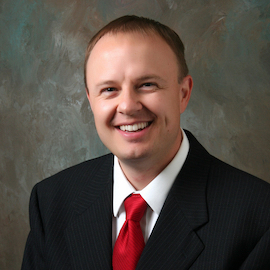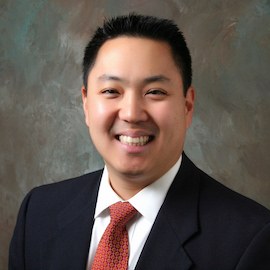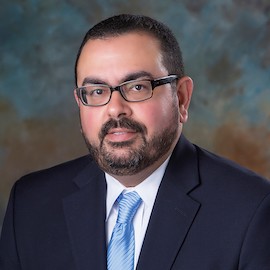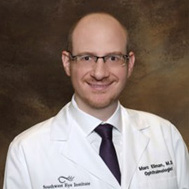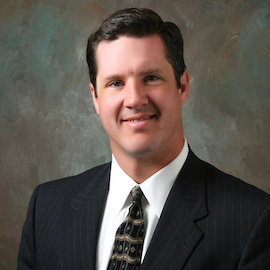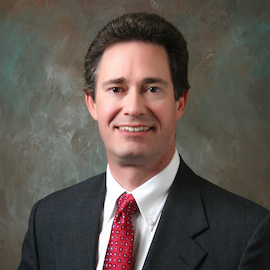Cataract surgery is an outpatient procedure performed under local anesthesia.
What is an Eye Cataract?
Cataracts are a cloudiness of the crystalline lens of the eye resulting in reduced vision. In a normal eye, the clear cornea allows light to enter. The iris controls the amount of light entering the eye by changing the size of the pupil. The light passes through a clear lens and is focused by the lens onto the back of the eye, or the retina, creating a sharp, clear image.
Through the natural aging process, the clear lens gradually clouds and hardens. As the clouding increases, vision becomes fogged or blurry because the light is not clearly focused on the retina. This is called a cataract.
Understanding the different stages of cataract development is useful in planning treatment.
A cataract may take a number of years to develop and usually form in both eyes, however not always at the same time. Although they are a natural part of the aging process and affect millions of Americans yearly, they need to be properly diagnosed and treated.
Can I Treat, Prevent, or Cure Cataracts?
Cataracts are predominantly caused by the aging process, but other causes include medical conditions like diabetes, eye injuries and past surgeries, and long-term use of steroids.
A thorough eye examination by your ophthalmologist or optometrist can detect the presence and severity of a cataract, as well as any other conditions that may be causing blurred vision or discomfort. There are no medications, dietary supplements, exercises, or optical devices that have been shown to prevent or cure cataracts.
Surgery is the only way to remove the cataract and correct your vision. Southwestern Eye Center has many qualified cataract surgery specialists throughout Arizona who specialize in cataract removal and replacement.
How is a Cataract Removed?
Cataract removal generally involves two steps: removal of the cloudy lens, and its replacement with a uniquely designed lens implant called an IOL (intraocular lens), specifically powered for your eye. Learn more about the cataract surgery process.
After Cataract Surgery, you may return almost immediately to all normal activities. Your ophthalmologist will direct you to the correct use of your post-surgical eye drops. Several postoperative visits are needed to check on the progress of the eye as it heals.
Did you know?
Cataract surgery is one of the most frequently performed and successful surgeries in the United States.
Schedule Online Now!
You can book your next eye care appointment entirely online and find an appointment that works perfectly for you.
Our Cataracts Specialists
We have many experienced doctors that specialize in cataracts and cataract surgeries. Find more information on each of our cataract doctors by clicking on their images below.
Phillip D. Boyer, D.O.
Cataracts
Michael Campion, M.D.
Cataracts, ICL, RLE, LASIK
Brian M. Chang, M.D.
Cataracts, Glaucoma
Daniel Dansdill, M.D.
Cataracts, Glaucoma
Sunil P. Deokule, M.D.
Cataracts, Glaucoma
Carlos Diaz, M.D.
Cataracts
Marc Ellman, M.D.
Cataracts
Michael B. Horsley, M.D.
Cataracts, Glaucoma
Aaron M. Petersen, M.D.
Cataracts, ICL, RLE
Daryl Pfister, M.D.
Cataracts, ICL, RLE
Deepti Saini, M.D.
Cataracts
Charles L. Schaffer, M.D.
Cataracts, General Eye Care
Andrew Wallmann, M.D.
Cataracts, General Eye Care
Download Our Cataract Guide
Learn more about Cataract Surgery and if it is the right next step for you.
